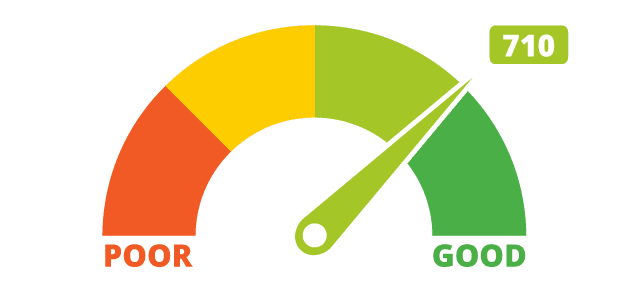In today’s economy more and more people are going through financial struggles. Some people have late payments or have over extended credit. Still others are in default of loans and may have even filed for bankruptcy or been involved with a foreclosure. People who have had financial difficulties often feel they will never be able to get credit again which will make large purchases such as a home or vehicle a lot more difficult. Often, these people turn to credit repair agencies that will guarantee improved credit…but it will cost you.
For a fee, these agencies will help you repair your credit. Granted, some of these agencies are perfectly legitimate and they are providing a service, mostly their expertise in consulting with you, for a fee. Others though guarantee quick fixes, pure credit or an increased credit score in thirty days or less. Be wary of shelling out your money to these organizations as they are generally scams. There is simply no quick way to repair your credit. It takes time and effort. But it can be done. It can also be done entirely by you without having to hire someone else to do it for you or advise you on how to do it.
The first thing you will need to do when attempting credit repair is to get your credit report. You need to see where exactly you stand, what negatives are on your credit report and what positives. The basics for improving your credit are to cancel out the negatives and add to the positives. This may sound like common sense but it is easier said than done. It will take drive and discipline in order to do it and a particular commitment to reestablishing your credit. You should get credit reports from all of the major reporting agencies including Equifax, Experian and TransUnion. Then, you will need to focus on the past, present and future.
First, concentrate on the present. You want the latest of your credit history to be the best. Make sure you keep up with payments, do not overextend your credit and keep a sound financial picture at all times. Do not max out any credit cards you may have, in fact, keep as low a balance as possible to reduce your debt. Pay careful attention to your bank accounts and avoid any low balances or overdrafts.
Next, look to the past and take care of negative reports on your credit reports. Do you have charge offs? Are there late payments? If you have an uncollected debt, contact the agency and work out a payment arrangement to settle the account. Even if the debt shows it was significantly late in payment, showing it was eventually paid off will put you in a better credit position. It shows that you have the financial responsibility to take care of debt even if you were late in doing so. Are there erroneous reports on your credit? If so, write to the credit bureaus to have them removed from your credit. You can even add notes to your credit reports for specific financial hardships. For example, if you went through a divorce and were slow paying a debt, you can cite that so that someone looking at your report will know it was a temporary situation that has since been resolved.
Finally, you will need to look toward the future and start to re establish a history of positive credit. If you no longer have credit anywhere, obtain it. Get a small secured loan and build from there so you can show a pattern of prompt payments. Get an unsecured credit card or loan. When you apply for one as a high risk, you will pay outrageous interest rates. This can be risky but if you use it wisely, you can take advantage of the credit available. Instead of using the card for major purchases, make a small purchase and pay for it in two installments. Do this over the course of a year and you will show a positive credit history for that card. You will have to actually use the card, though. Just be careful to use it wisely and pay for it on time.
Always check your credit report regularly to ensure the accuracy of the data. Once you have cleaned up your credit report as much as possible and show a positive current credit history you will find you are eligible for many more credit opportunities. As time goes on the interest rates offered to you will also decrease as you become less of a risk. Having good credit is essential. Rebuilding your credit is a time consuming process that takes a lot of discipline and determination. But it can, and should, be done.
